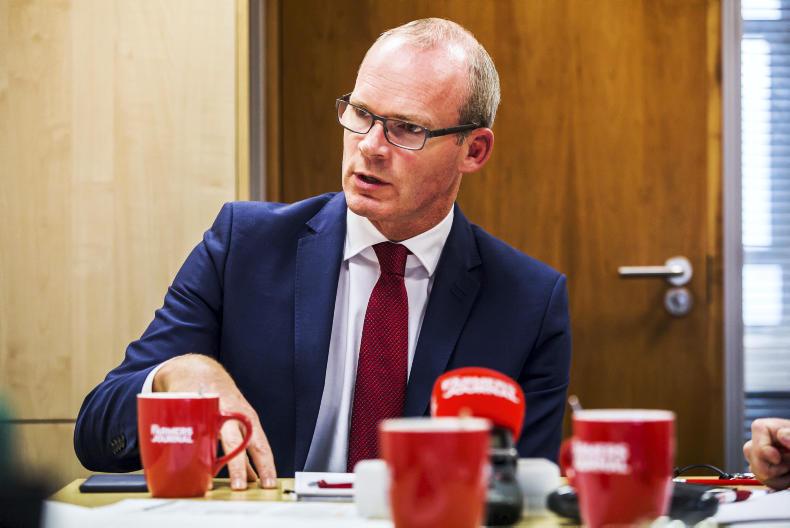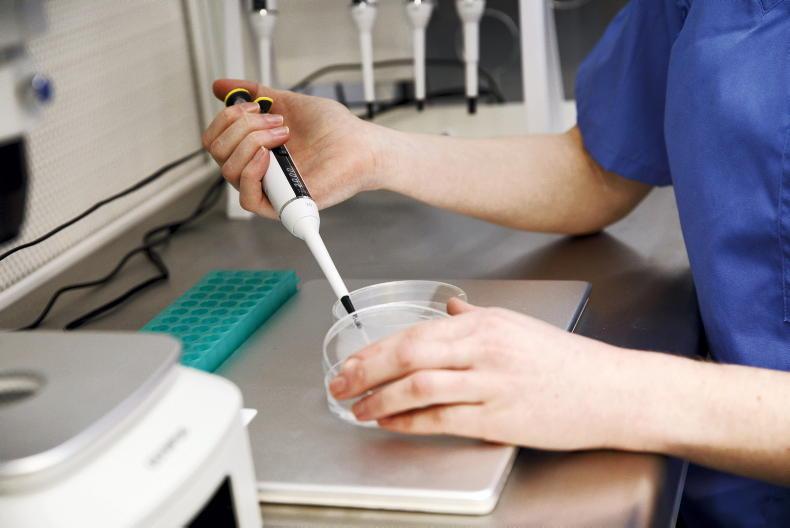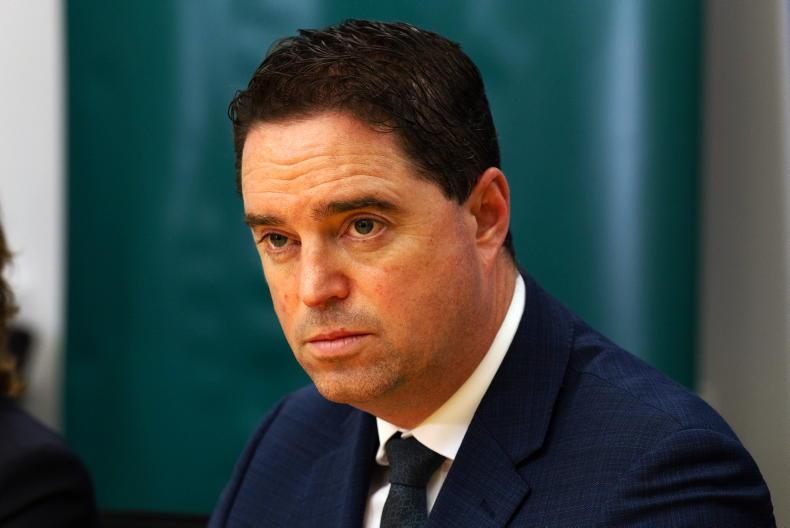In his interview with the Irish Farmers Journal this week, Minister for Agriculture Michael Creed talks about the odds shortening on a no-deal Brexit and the consequences for the rest of the EU if the UK market for Irish beef closed overnight. It goes without saying that the Government will be on to the EU looking for support in the realisation that the EU will be well aware what the surplus Irish beef unleashed on the EU 27 market would do to prices on mainland Europe.
He also correctly points out that the current EU intervention price for beef is meaningless. Market prices for beef have to fall below 85% of the reference price which is €2.24/kg, a figure set in 2008. It was meaningless when beef prices were as low as €2.68/kg in November 2009 and has been totally irrelevant as beef prices across the EU climbed towards €4/kg in recent years.
What could the EU do?
It has been clear from both Minister Creed and An Tánaiste Simon Coveney in their conversations with the Irish Farmers Journal that the Government would be looking to Brussels to help and that the proposed EU budget for 2021 to 2027 had provision for Brexit support. In practical terms, Brussels has been well prepared by Irish officials as to what exactly disruption of market access to the UK would mean, not just for Ireland but for the rest of the EU 27, as Minister Creed refers to.
Intervention and APS
The EU is not without a mechanism to respond to a market crisis. Over the past three years, intervention buying of milk powder was used to stabilise the dairy market when prices fell dramatically after the ending of quotas in 2015. When pigmeat prices collapsed, the EU introduced an aid to private storage (APS) scheme.
The re-emergence of a beef mountain would not be politically acceptable among many in the EU, never mind in the World Trade Organisation
Unlike intervention buying, ownership of the product remains with the factory under APS but they are funded to retain it in cold storage for a defined period of months, which enables markets to stabilise. Under intervention, the EU buys and stores the product itself and decides when it should be released on to the market.
Practical use
The APS scheme proved useful during the pigmeat crisis but if there was long-term disruption to the beef market, an APS scheme would at best just delay a market collapse as there is no alternative market to the UK in even the medium term. Intervention buying of beef wouldn’t be an option at current intervention prices but as the reference price was set over a decade ago, it could be reviewed and adjusted upwards to better reflect market prices coming towards the end of the second decade of the 21st century.
Even if that was the case, there would be a longer-term problem and the re-emergence of a beef mountain would not be politically acceptable among many in the EU, never mind in the World Trade Organisation (WTO), which is seriously opposed to direct supports.
Export refunds
Up until the EU unilaterally decided to withdraw it in 2005, there was an export refund programme. This enabled EU companies be financially supported to sell produce outside the EU at world market prices. A reintroduction of this wouldn’t be popular with WTO as it is clearly a direct support but it would be the least bad option. It would mean product moving immediately to a market for use, even if discounted. That would avoid the storage costs in either intervention buying or APS storage.
Once-in-a-lifetime event
Brexit is a once-in-a-lifetime event and as a no-deal situation would have a uniquely devastating impact on Irish agriculture, a once-in-a-lifetime response will be necessary. The Government and its officials have no doubt been preparing the EU and advising on what a no-deal Brexit would mean.
However, with the clock rapidly counting down, farmers need to know what shape potential solutions and contingency plans will take. Only that will give any reassurance that there will be a market after 29 March 2019.










SHARING OPTIONS